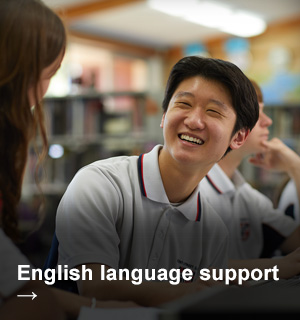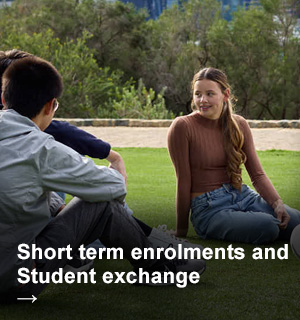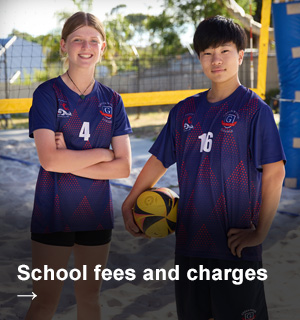The following information relates to children who will hold a student visa (500). If your child will not, please view our Dependants of visa holders page.
Application process for children who will hold a student visa (500)
The minimum enrolment period for a child student visa holder is two school terms. In Western Australia, students on a 500 or 571 student visa can apply to study at a WA Government school from Year 1 to Year 12. View list of Government schools approved to accept international students
WA Government school term dates
| | 2024* | 2025** |
|---|---|---|
| Term 1 | 31 January – 28 March | 5 February – 11 April |
| Term 2 | 15 April – 28 June | 28 April – 4 July |
| Term 3 | 15 July – 20 September | 21 July – 26 September |
| Term 4 | 7 October – 12 December | 13 October – 18 December |
* These dates do not include three school development days that are scheduled by schools and students do not attend.
** Preliminary dates only, still to be confirmed.
Ready to apply?
Last updated on
May 10, 2024







